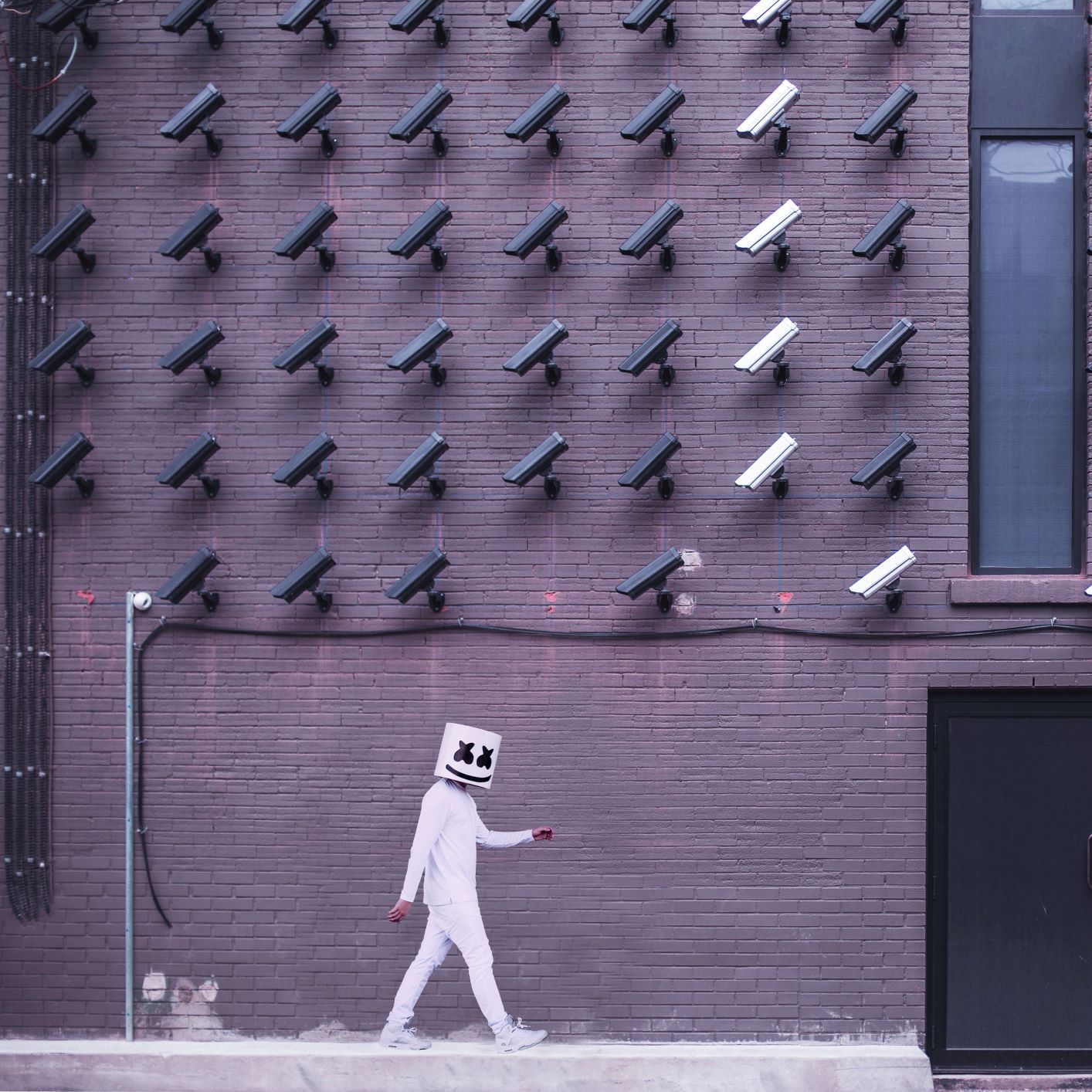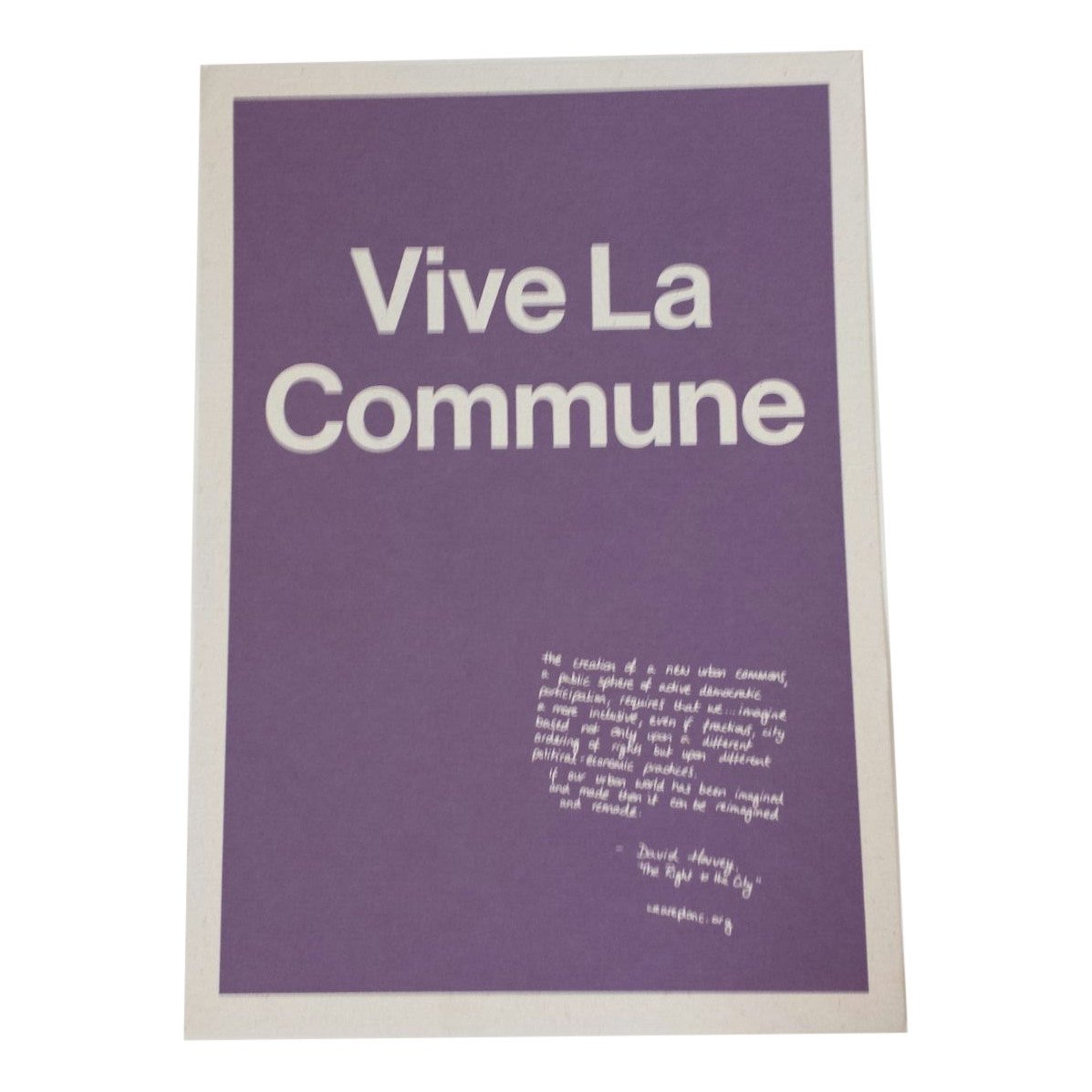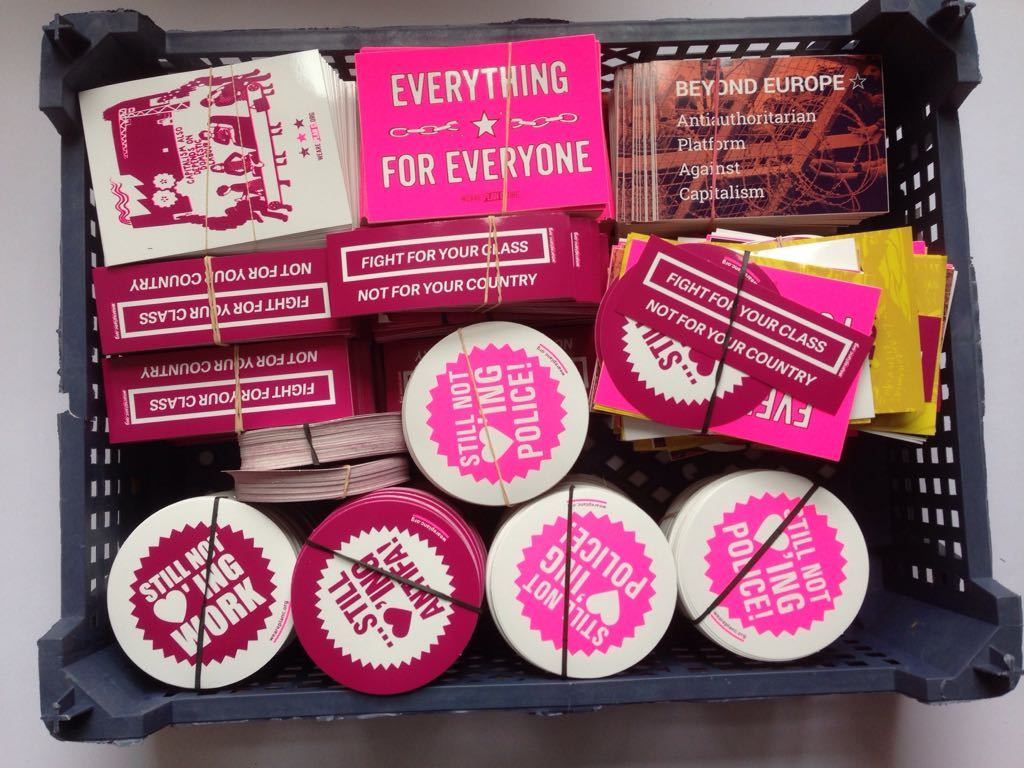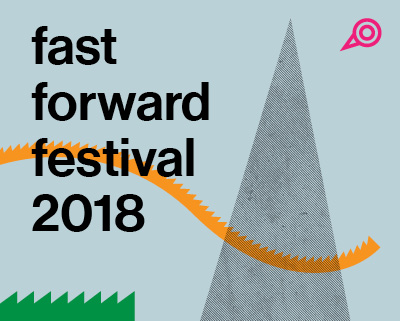As organised feminists, communists, trade unionists, anti-fascists, and so on, we are subject to surveillance and aggression from both state and non-state actors. The threats we face vary greatly, from the bulk collection of metadata by GCHQ, to undercover policing, street harassment and gendered abuse on Twitter. Although we cannot eliminate the risks associated with antagonistic political activity, we can mitigate our exposure and institute norms that enable us to operate more safely and effectively. In fact, there are many easy steps we can take to improve our security, both personal and collective/organisational, many of which we already use to different degrees.
In this skillshare, we will discuss what kinds of threats we face, and ask what we are already doing to combat these. We will then introduce ourselves to some tools which might help us do this better, and consider what further strategies or technical infrastructures we could develop together to improve our operational security. Whilst security requires a holistic and integrated response, this session will focus mainly on “information security,” which is about the integrity of our data, our communications, and our use of the internet. So instead of practicing physical self-defence, we will be tinkering with our smartphones.
No prior experience with any of this stuff is required. The session is not being led by an ‘expert’, and contributions of all kinds from participants are warmly invited. The purpose of the session is not to perplex but to educate and empower, and to conceive of security as solidarity work which helps us take care of ourselves and each other, so we can be dangerous together! If it a collective project rather than an individualised responsibility, we can move away from the stultifying anxiety that stops us confronting what can feel like insurmountable problems. I also hope to prepare a list of useful resources which can be distributed in the session, and improved upon thereafter.
Some questions you might like to think about in advance are:
- What does one year’s worth of your internet history say about you?
- To what extent is your personal security tied up with other peoples’, and visa versa?
- How do you communicate with comrades, and on which platforms do you organise?
- What organisations hold data about you, and what is their interest in doing so?
- Are security and convenience necessarily in opposition to each other, or can we have both?
- What would be the implications of being arrested with your phone on you?
- What conscious efforts do you already make with regards to infosecurity?
- Is there anything that you are particularly concerned about? Bring questions and/or answers!
- How can we improve our security without compromising our ability to act effectively and to create an open and welcoming left politics – what risks are we willing to take?





